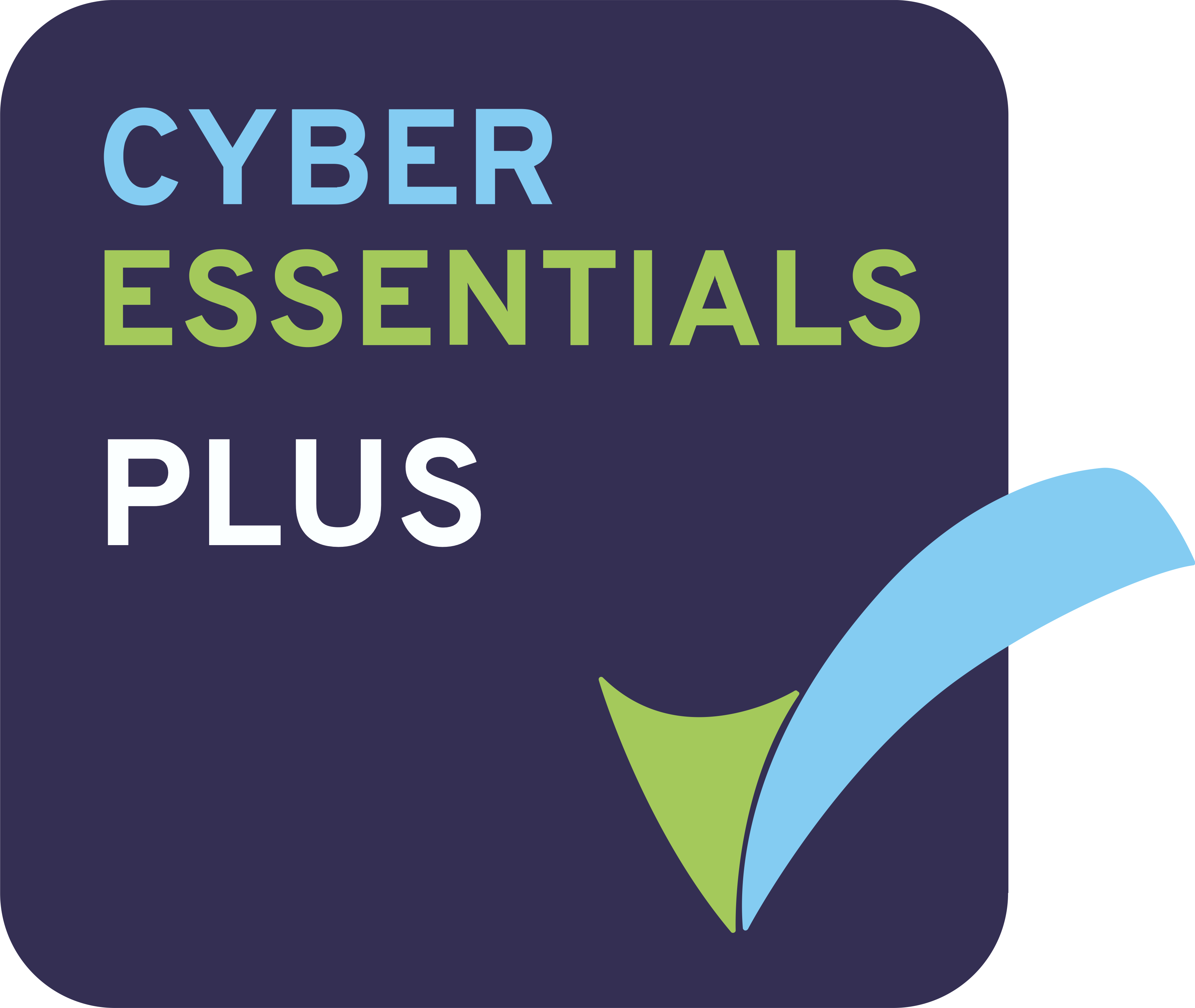DESCRIPTION
Staff supervision is essential in children's care homes for ensuring the well-being, safety, and holistic development of the children. It plays a crucial role in maintaining quality care delivery by monitoring staff performance and adherence to policies. Supervision also acts as a safeguarding measure, identifying and preventing potential risks or harm to vulnerable youth. Moreover, it supports staff development through feedback and guidance, fosters a supportive culture, and ensures compliance with regulatory standards. Overall, robust staff supervision is indispensable for upholding the welfare of children in residential care settings and creating a nurturing environment for their growth and development.
When
September 2023
Who
Paula Martinez

In the realm of child welfare, the significance of staff supervision within care homes cannot be overstated. These supervised interactions between staff members and management play a pivotal role in ensuring the well-being, safety, and holistic development of children under their care. From fostering a supportive environment to maintaining professional standards and safeguarding vulnerable youth, here's a closer look at why staff supervision is indispensable in children's care homes.
Ensuring Quality Care Delivery
At the heart of every children's care home lies the commitment to providing a nurturing environment conducive to the physical, emotional, and psychological growth of each child. Supervision serves as a mechanism to uphold this commitment by monitoring staff performance, adherence to policies and procedures, and the implementation of best practices. Regular oversight sessions allow managers to identify areas for improvement, provide guidance, and offer training opportunities, thus ensuring that the quality of care remains consistent and of the highest standard.
Safeguarding Vulnerable Youth
The safety and protection of children within care homes are paramount. Staff supervision serves as a vital safeguarding measure to detect and prevent any potential risks or instances of harm. By closely monitoring staff interactions with children, managers can identify any signs of neglect, abuse, or inappropriate behavior promptly. Additionally, supervision sessions provide a platform for staff members to express concerns or raise alarms regarding child welfare issues, thereby facilitating swift intervention and ensuring the well-being of the children remains the top priority.
Professional Development and Support
Working in a children's care home can be emotionally demanding and challenging. Staff members are often confronted with complex situations that require empathy, resilience, and professionalism. Supervision sessions offer a space for staff to reflect on their experiences, discuss any difficulties they may encounter, and seek guidance from experienced managers. By providing regular feedback, constructive criticism, and emotional support, supervisors empower staff members to enhance their skills, develop coping mechanisms, and maintain their own well-being, thus enabling them to better support the children in their care.
Building a Supportive Culture
Effective staff supervision fosters a culture of collaboration, accountability, and continuous improvement within children's care homes. By promoting open communication and mutual respect, supervisors create an environment where staff members feel valued, heard, and supported in their roles. This sense of belonging and camaraderie not only enhances staff morale but also strengthens team cohesion and resilience in the face of challenges. Moreover, a supportive culture encourages staff retention, reduces turnover rates, and promotes a sense of stability and consistency for the children in care.
Compliance with Regulatory Standards
Children's care homes operate within a framework of stringent regulatory standards and guidelines designed to safeguard the rights and well-being of children. Regular staff supervision is essential for ensuring compliance with these regulatory requirements. Supervisors conduct audits, review documentation, and assess practice against established benchmarks to identify any areas of non-compliance or areas requiring improvement. By maintaining robust oversight mechanisms, children's care homes demonstrate their commitment to upholding the highest standards of care and accountability.
Conclusion
In essence, staff supervision is the linchpin of effective governance and quality assurance within children's care homes. By providing oversight, guidance, and support to staff members, supervisors play a critical role in safeguarding the welfare of vulnerable youth, fostering a culture of excellence, and ensuring compliance with regulatory standards. As custodians of the well-being of children in care, children's care homes must recognize the importance of investing in robust supervision frameworks to uphold their commitment to providing a safe, nurturing, and empowering environment for every child entrusted to their care.
Ensuring Quality Care Delivery
At the heart of every children's care home lies the commitment to providing a nurturing environment conducive to the physical, emotional, and psychological growth of each child. Supervision serves as a mechanism to uphold this commitment by monitoring staff performance, adherence to policies and procedures, and the implementation of best practices. Regular oversight sessions allow managers to identify areas for improvement, provide guidance, and offer training opportunities, thus ensuring that the quality of care remains consistent and of the highest standard.
Safeguarding Vulnerable Youth
The safety and protection of children within care homes are paramount. Staff supervision serves as a vital safeguarding measure to detect and prevent any potential risks or instances of harm. By closely monitoring staff interactions with children, managers can identify any signs of neglect, abuse, or inappropriate behavior promptly. Additionally, supervision sessions provide a platform for staff members to express concerns or raise alarms regarding child welfare issues, thereby facilitating swift intervention and ensuring the well-being of the children remains the top priority.
Professional Development and Support
Working in a children's care home can be emotionally demanding and challenging. Staff members are often confronted with complex situations that require empathy, resilience, and professionalism. Supervision sessions offer a space for staff to reflect on their experiences, discuss any difficulties they may encounter, and seek guidance from experienced managers. By providing regular feedback, constructive criticism, and emotional support, supervisors empower staff members to enhance their skills, develop coping mechanisms, and maintain their own well-being, thus enabling them to better support the children in their care.
Building a Supportive Culture
Effective staff supervision fosters a culture of collaboration, accountability, and continuous improvement within children's care homes. By promoting open communication and mutual respect, supervisors create an environment where staff members feel valued, heard, and supported in their roles. This sense of belonging and camaraderie not only enhances staff morale but also strengthens team cohesion and resilience in the face of challenges. Moreover, a supportive culture encourages staff retention, reduces turnover rates, and promotes a sense of stability and consistency for the children in care.
Compliance with Regulatory Standards
Children's care homes operate within a framework of stringent regulatory standards and guidelines designed to safeguard the rights and well-being of children. Regular staff supervision is essential for ensuring compliance with these regulatory requirements. Supervisors conduct audits, review documentation, and assess practice against established benchmarks to identify any areas of non-compliance or areas requiring improvement. By maintaining robust oversight mechanisms, children's care homes demonstrate their commitment to upholding the highest standards of care and accountability.
Conclusion
In essence, staff supervision is the linchpin of effective governance and quality assurance within children's care homes. By providing oversight, guidance, and support to staff members, supervisors play a critical role in safeguarding the welfare of vulnerable youth, fostering a culture of excellence, and ensuring compliance with regulatory standards. As custodians of the well-being of children in care, children's care homes must recognize the importance of investing in robust supervision frameworks to uphold their commitment to providing a safe, nurturing, and empowering environment for every child entrusted to their care.



